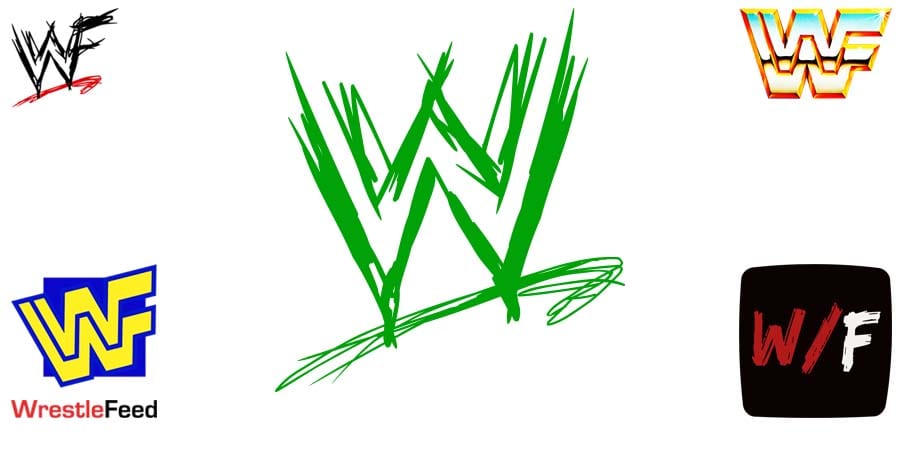During a new video on former WWF wrestler Maven’s YouTube channel, Maven and former WWE wrestlers Mace and Mansoor (together known as Maximum Male Models, who were released from WWE in 2023) shed light on how WWE pays their wrestlers.
Past and Present Payment Systems
Maven, hailing from a different era of WWE, reminisced about a time when wrestlers were compensated based on a paysheet system.
This system allowed wrestlers to earn a percentage of the revenue generated from the shows they participated in, offering the potential for higher earnings based on performance.
In cases of injury, wrestlers could fall back on a downside guarantee for financial stability.
Conversely, Mace and Mansoor, who departed from WWE in 2023, provided insights into the contemporary payment landscape. They highlighted the prevalence of downside guarantees, wherein wrestlers receive a fixed weekly income regardless of the number of shows they work.
This shift signifies a departure from the variable paysheet model and reflects WWE’s evolving approach to compensation.
The Bucket System
One intriguing aspect of WWE’s payment structure is the “bucket system,” as elucidated by Mace and Mansoor. In this system, wrestlers’ earnings accumulate in a figurative bucket until they reach the predetermined threshold of their downside guarantee.
However, if a wrestler’s earnings exceed this threshold, their “bucket overflows,” leading to additional compensation.
Navigating the Limits
Despite the potential for increased earnings through merchandise royalties and other avenues, WWE employs strategies to manage wrestlers’ compensation within predetermined bounds.
Mace and Mansoor highlighted instances where wrestlers who exceeded their guaranteed earnings were strategically withdrawn from live events to prevent surpassing the established financial thresholds.
WATCH: Former WWE Diva Christy Hemme Without Clothes (Part 3):


